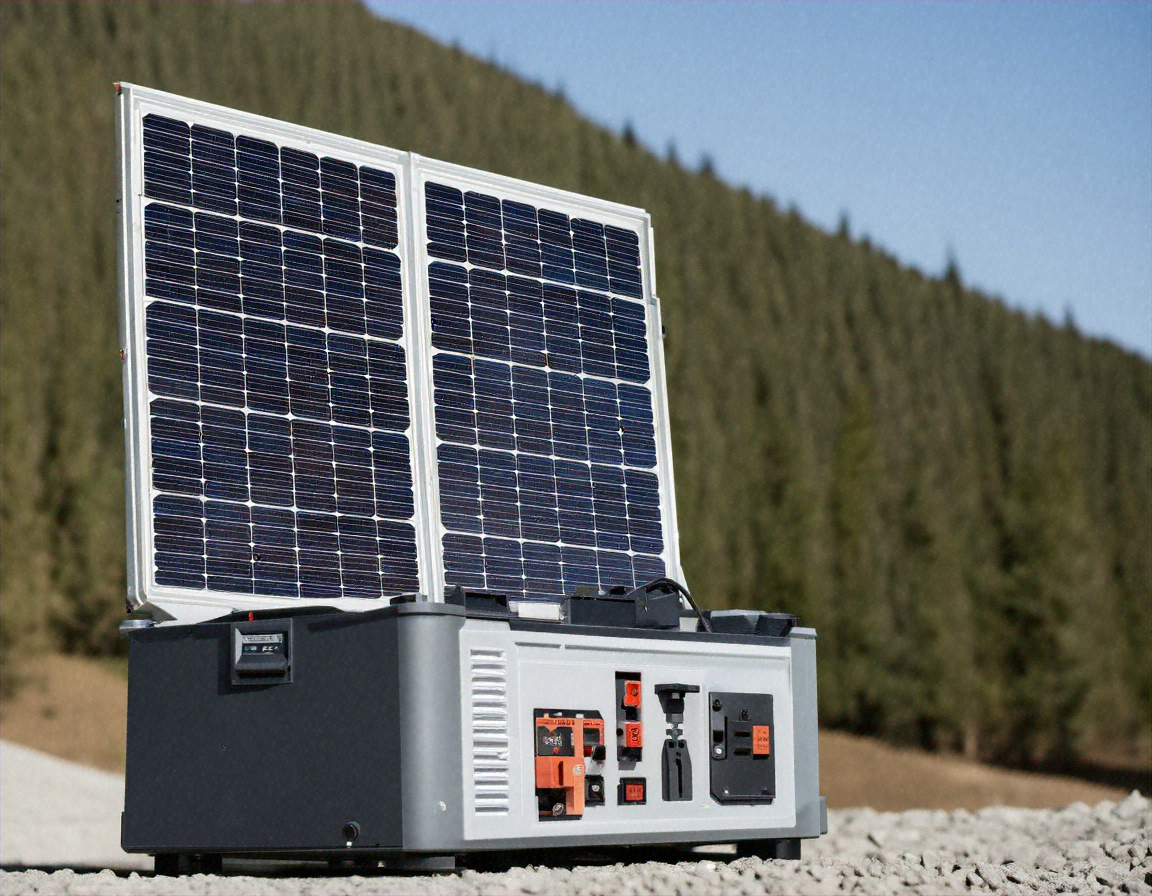Power Generators: Complete Guide to Backup Energy Solutions
Power generators have become essential tools for homeowners and businesses seeking reliable backup energy solutions. Whether facing unexpected outages, planning outdoor activities, or preparing for emergencies, understanding the different types of power generators available can help you make an informed decision that meets your specific energy needs and budget requirements.

What Makes Solar Power Generators Popular Today?
Solar power generators have gained significant traction as environmentally conscious consumers seek cleaner energy alternatives. These units combine solar panels, battery storage, and power inverters to create portable energy systems that harness sunlight for electricity production. Unlike traditional fuel-powered generators, solar power generators operate silently and produce zero emissions, making them ideal for indoor use and environmentally sensitive areas.
Modern solar power generators can charge through multiple methods, including solar panels, wall outlets, and car chargers. This versatility ensures users can maintain power availability regardless of weather conditions or location constraints. Many units feature LCD displays showing real-time power consumption, battery levels, and charging status, providing users with complete control over their energy management.
How Do Traditional Power Generators Compare?
Conventional power generators typically run on gasoline, diesel, propane, or natural gas, offering immediate high-power output for demanding applications. These generators excel in situations requiring substantial electricity for extended periods, such as powering entire homes during outages or supporting construction sites with heavy equipment needs.
Gas-powered generators provide the highest power output per dollar invested, making them popular choices for emergency backup systems. However, they require regular maintenance, fuel storage, and proper ventilation due to carbon monoxide emissions. Diesel generators offer superior fuel efficiency and longer operational life but come with higher upfront costs and noise considerations.
Which Solar Power Generators Offer Best Performance?
Premium solar power generators incorporate advanced lithium battery technology, providing longer lifespans and faster charging capabilities compared to traditional lead-acid alternatives. High-capacity units can power refrigerators, medical equipment, communication devices, and essential household appliances for several hours or days, depending on energy consumption patterns.
Leading solar power generators feature multiple output options, including AC outlets, USB ports, DC connections, and wireless charging pads. This comprehensive connectivity ensures compatibility with various devices and appliances. Some advanced models support expandable battery systems, allowing users to increase storage capacity based on evolving power requirements.
What About Patriot Power Generator Options?
Patriot Power Generator represents a specific brand focusing on emergency preparedness and off-grid energy solutions. These generators typically emphasize American-made components, military-grade durability, and customer support tailored to emergency preparedness enthusiasts. The brand markets heavily to consumers prioritizing energy independence and disaster readiness.
These units often bundle solar panels, battery packs, and emergency supplies into comprehensive packages designed for extended off-grid living. Marketing emphasizes reliability during natural disasters, power grid failures, and other emergency scenarios where traditional utilities become unavailable.
How Does Modern Power Generation Technology Work?
Contemporary power generation technology encompasses various approaches to electricity production, from traditional combustion engines to cutting-edge solar and battery systems. Inverter generators represent a significant advancement, producing clean, stable power suitable for sensitive electronics while operating more quietly than conventional models.
Smart power generation systems now include mobile app connectivity, allowing remote monitoring and control of energy production and consumption. These features enable users to optimize efficiency, schedule charging cycles, and receive maintenance alerts through smartphone interfaces.
| Generator Type | Power Range | Estimated Cost | Best Use Case |
|---|---|---|---|
| Portable Gas Generator | 1,000-10,000W | $300-$2,500 | Home backup, construction |
| Solar Power Generator | 300-3,000W | $500-$4,000 | Camping, emergency backup |
| Standby Gas Generator | 7,000-25,000W | $3,000-$15,000 | Whole house backup |
| Diesel Generator | 5,000-50,000W | $2,000-$20,000 | Commercial, industrial |
Prices, rates, or cost estimates mentioned in this article are based on the latest available information but may change over time. Independent research is advised before making financial decisions.
Power generators serve diverse applications beyond emergency backup power. Construction professionals rely on portable generators for tool operation at remote job sites. Recreational vehicle enthusiasts use compact generators for camping and tailgating activities. Food truck operators depend on reliable power generation for cooking equipment and refrigeration systems.
Selecting the appropriate generator requires careful consideration of power requirements, fuel availability, noise restrictions, and environmental factors. Calculate your essential power needs by listing critical appliances and their wattage requirements. Consider runtime expectations and fuel storage capabilities when evaluating different generator types.
Modern power generators offer sophisticated features including automatic startup systems, load management capabilities, and fuel-efficient operation modes. These advances improve user experience while reducing operational costs and environmental impact. Whether choosing solar power generators for clean energy or traditional units for maximum output, today’s options provide reliable solutions for diverse power generation needs.




